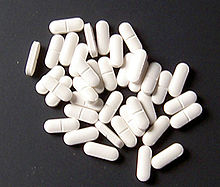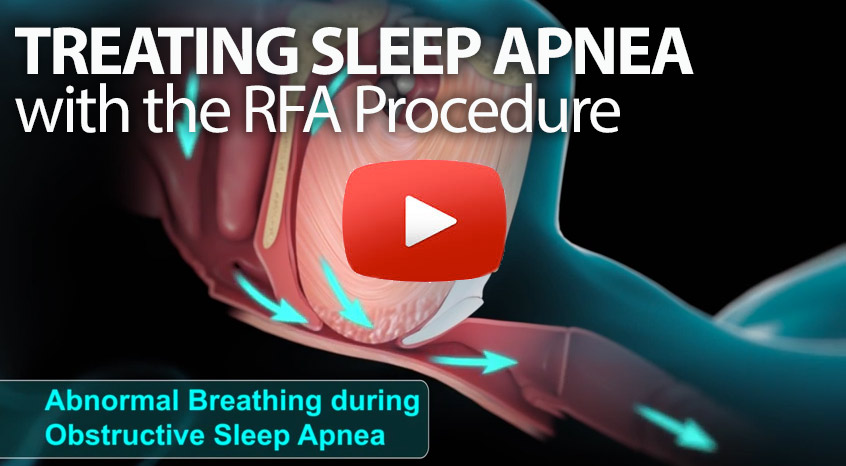Sedative hypnotics, otherwise known as sleeping pills, can help the insomniac fall asleep. These medications are prescribed frequently to help people fall asleep, and stay asleep. Sleep apnea and insomnia are two separate conditions which can exist together. Patients who have both conditions, but are not aware of their sleep apnea diagnosis, may be making their sleep condition worse by taking sleeping pills.

Sleeping pills and anti-depressants are one strategy that people use to try and get a good nights sleep
Sleeping pills relax the mind and the body so you can fall asleep. In the process of relaxing the body, the muscles become relaxed as well. If you have undiagnosed sleep apnea, any medication which relaxes the muscles can make the sleep apnea worse. Remember, sleep apnea is a condition in which tissue in the back of the throat relaxes, falls backwards, and obstructs the airway. This tissue includes muscles in the tongue and soft palate. When the individual sleeping is lying down usually on the back, the tongue and soft palate fall backwards with the assistance of gravity. During sleep, the muscles of the tongue and soft palate relax, and muscular tone is lost. It is in this relaxed state that we develop a narrowing of the airway because of the posterior (backwards) displacement and movement of the tongue base and palate. To see a series of visual slides about what this looks like, click here. Sleeping pills assist with the relaxation of these muscles and can make snoring and apnea worse.
A class of medications called benzodiazepines are commonly used to treat muscle spasms and anxiety. These include Valium (Diazepam), Xanax (Alprazolam), and Ativan (Lorazepam). They are excellent anxiolytics, meaning they help treat the anxious individual. They also have muscle-relaxing properties and anti seizure properties. They can be used for individuals with muscle spasms, which is common in the low back region. Using these sleeping pills in the individual with untreated sleep apnea makes the apnea worse.
There are a number of sleeping pills which can make untreated sleep apnea worse. Some examples include: Ambien (Zolpidem), Klonopin (Clonazepam), Halcion (Triazolam), Restoril (Temazepam), Lunesta (Eszopiclone), and Sonata. (Zaleplon) These medications are sedating and help induce sleep. All of these sedating medications can make untreated sleep apnea much worse.
Over the counter sleep aids such as Benadryl, Tylenol-PM, and Advil-PM can exacerbate untreated sleep apnea. Some antihistamine medications are used to treat allergies and can also be sedating. These medications can also make the sleep apnea worse, and this is of concern in the individual who has not had the sleep apnea treated adequately.
Some antidepressants can be used off label for insomnia including: Amitriptyline, Remeron (Mirtazapine), and Oleptro (Trazodone). These medications can be sedating and may worsen untreated sleep apnea.
We have to be careful if we are taking these medications and are not treating the apnea. In fact, these medications really should be avoided in the individual who is not treating his apnea. In a similar fashion, alcohol relaxes the mind and the body. And in relaxing the muscles of the throat, alcohol ingestion will make snoring and apnea worse. In general, any medications or substances which induce muscle relaxation should be avoided in the individual with untreated obstructive sleep apnea.
About Us
If you or someone you know is in need of a better night’s sleep, contact us for a no obligation consultation. We are the sleep specialists at Chevy Chase ENT located in the Virginia, Maryland, and Washington D.C. metro area dealing with sleep apnea and sleep-related problems. We can help diagnose your condition, recommend whether a sleep study would be beneficial, and offer you a variety of treatment options including CPAP, Radio Frequency Ablation (RFA) and more.
